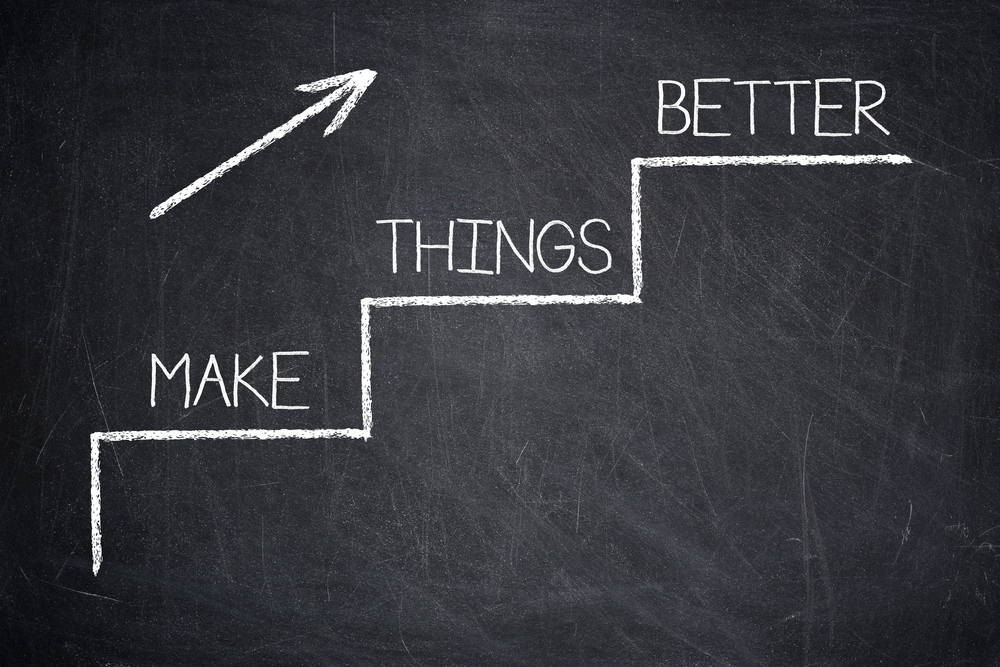
If you’ve ever heard of someone keeping a food journal, there’s a good chance you’re expecting to see a long list of everything they ate that day, including amount and maybe even the calories consumed every moment of every day. And, if that sounds boring and tedious, you’re right.
But that doesn’t mean you should give up on the idea of food journaling altogether.
When done properly, food journaling can be incredibly helpful, helping you, in the words of Mia Rigden, the wellness coach and founder of RASA, “connect the dots between what we eat and how we feel throughout the day”. By keeping a food journal, Rigden says, we better understand what are eating patterns are – and how they impact every other aspect of our lives.
Food journaling isn’t about itemized lists. And it’s definitely not about counting calories.
Instead, food journaling is an opportunity to reflect and observe – without shame or judgment. And, when this happens, you actually become empowered, giving yourself an opportunity to rewrite your relationship with food and, yes, the rest of your life too.
At the heart of food journaling is a deeper, more subtle practice: the art of being mindful. By approaching your relationship with food with mindfulness, you become aware of your actions and, more importantly, the reasons behind each one. According to numerous scientific studies, simply self-monitoring what you eat can help you lose weight – no diets or even deliberate changes required.
The more you food journal, the more you pick up on the patterns you repeat each and every day. Oddly enough, what you eat is just as important as how you eat when it comes to overall health and well-being. Recognizing what your habits are, you can become aware of the hidden reasons behind what and why you are eating, giving you the wherewithal to start making small, daily changes that really do add up.
Rather than using your food journal as an itemized list that often carries with it a lot of guilt and shame, reimagine it as a place to record positive choices in your day too – like how much you sleep, how you exercise, ways you practiced mindfulness, the number of vegetables you ate, and even what you’re grateful for. The goal of your food journal shouldn’t be weight loss; it should be about recognizing your current lifestyle choices and finding ways to make them even better.
Sure, it’s easy to be “too busy” for a food journal, but finding the time during the day to understand how you’re actually living your life can help you unlock the secrets to health and well-being you’ve been looking for. Even with just a few minutes each day (and a commitment to honesty), you can start transforming your life so that you live each day to the fullest, maximizing your – and your body’s – full potential.




About The Author: Kimberly Gerbers
More posts by Kimberly Gerbers